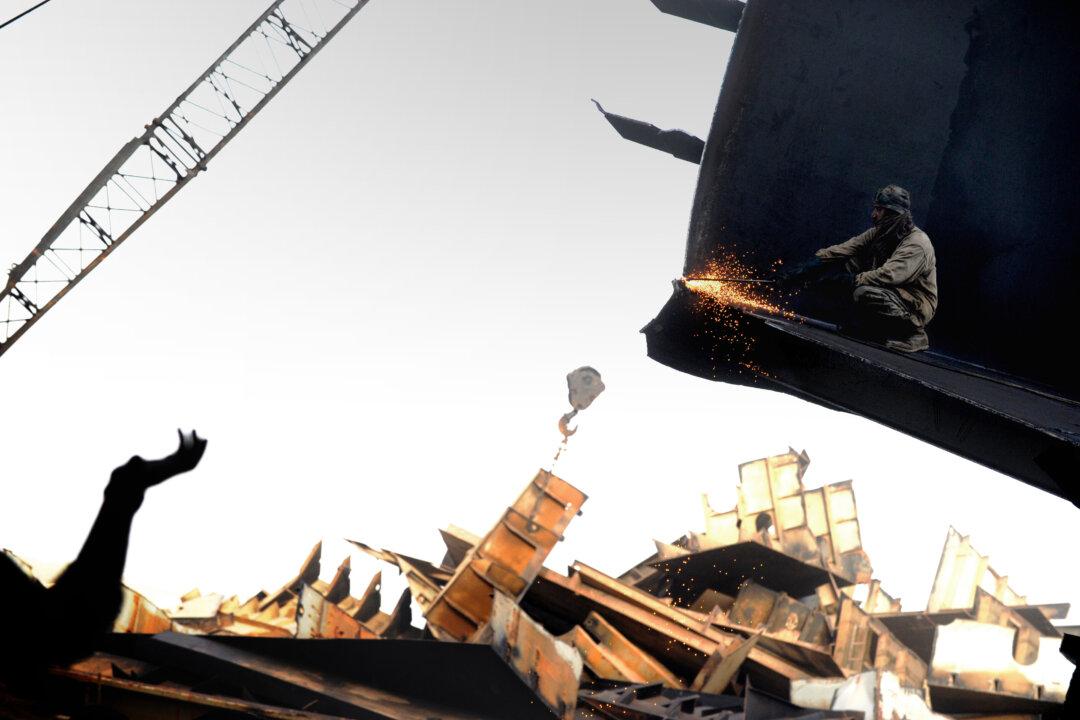As regulations around toxic substances have tightened in the United States, American companies have increasingly looked to foreign markets where regulations are more lax.
For example, pesticides banned in the United States due to known impacts on human health and the environment, are still exported for use in other countries.
As the United States has cracked down on lead poisoning hazards at home, the overseas export of some lead products has increased.
Instead of recycling electronic devices according to American regulations, some U.S. recycling companies send them to China and other countries, where the toxic components are handled improperly, poisoning people and the environment. American ships are similarly dismantled in a process that releases toxins on South Asian beaches.
These are just a few of the cases in which the United States and other developed countries have dispensed with environmental problems by exporting them to the developing world.
Pesticides
The toxic pesticide moncrotophos was banned for use in the United States in 1989. But it is still being exported by American companies, said Evan Mascagni, director of the new documentary “Circle of Poison,” which explores the issue of banned pesticides sold abroad.
U.S. federal regulations state, “Pesticides that are not approved—or registered—for use in the United States may be manufactured in the United States and exported.”
When pesticides are banned domestically, American companies try to recoup lost profits by selling them abroad, or by offloading excess stock instead of trashing it after a ban, Mascagni said.
Mascagni traveled to villages in India and Mexico to see the effects.
He found farm workers using the pesticides without any protective gear and children even laying in the fields waiting to be sprayed with the pesticides as a way to cool off in hot weather.
He also found rampant birth defects and chronic health issues among adults and children where these pesticides were heavily used.
Jay Vroom, president and CEO of CropLife America, the national trade association of the pesticide industry, has long defended the industry against the critics like Mascagni.






